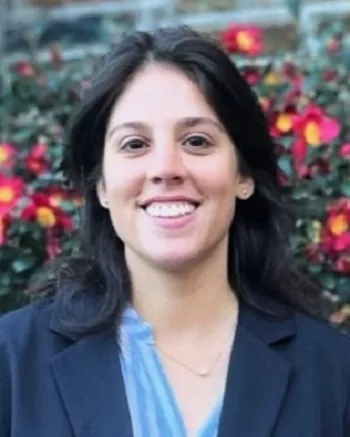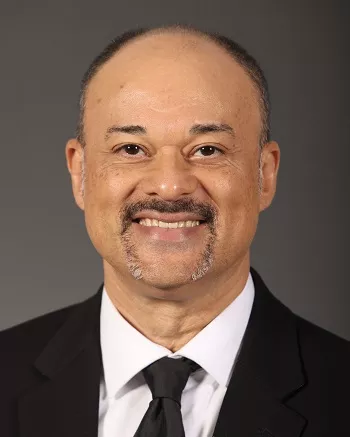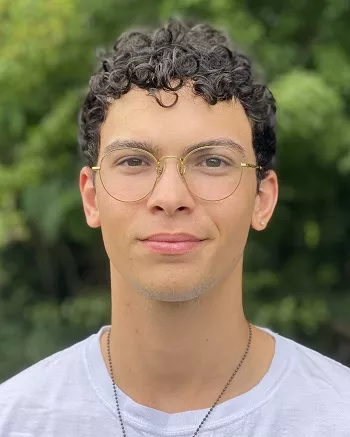North Carolina's wetlands - and wetlands across the country - are under threat thanks to a Supreme Court ruling last year that undermined protections for these special and essential natural areas.
A team of four scholars from two North Carolina universities have joined the Chapter for the summer to help us bolster wetlands protections in our state as they learn more about the critical ecological and cultural roles these areas play in our environment.
Just over a year ago, protections for N.C. wetlands took a double blow from the U.S. Supreme Court's ruling in Sackett vs. EPA, coupled with language in the N.C. Farm Act passed in June. Together, these actions opened millions of acres of North Carolina wetlands to development, jeopardizing habitat for native and endangered species, and undermining the wetlands' ability to naturally protect water quality, preserve fisheries, and significantly mitigate destructive flooding and the impacts of climate change.
In February of this year, Gov. Roy Cooper responded with an executive order that calls for permanently conserving 1 million new acres of forests and wetlands, restoring 1 million new acres of forests and wetlands, and planting 1 million new trees in urban areas by 2040, along with policies and projects to safeguard the state's natural areas.
Our four Environmental Conservation and Justice Policy Fellows will work together, studying the cumulative impact on wetlands and ways the Chapter can act in the future to advocate for protection. That will include field outings to sensitive areas and conversations with professionals ranging from research specialists to the governor's staff.
Please join us in welcoming them and wishing them well in this research.
Isabela Delgado, (she/her), Nicholas School of the Environment, Duke University:
I am from Lima, Peru, and I'm currently pursuing a Master of Environmental Management at Duke University with a concentration in Business and Environment as well as Terrestrial and Freshwater environments. Before coming to North Carolina, I was working for an ecolodge in Oxapampa, a small town in the Peruvian jungle.
As I finished my first year of grad school, it became more evident that policy is crucial in driving environmental changes for both companies and individuals. This is why I am excited to be part of an organization like Sierra Club this summer and contribute to their environmental advocacy efforts that have great impact on policy making.

Specifically, I am eager to work with the team to protect North Carolina's wetlands. Wetlands face numerous threats from development and climate change. Through my fellowship with Sierra Club, I look forward to learning more about these vital ecosystems, engaging with local communities, and supporting policy initiatives that promote their conservation. I believe that through education, advocacy, and strategic policy-making, we can ensure the preservation of these invaluable natural resources.
Christopher Locklear (he/him), UNC-Pembroke:
I am a graduate student at the University of North Carolina – Pembroke studying for a Master of Arts in Teaching Secondary Science Education. I am an alumnus of UNCP with a B.S. in Biology. I worked for several years in biotechnology in Maryland. I am also a North Carolina Teaching Fellow.
I am a proud member of the Lumbee Tribe of North Carolina. As a biologist and a Native American ecological stewardship is one of my passions. My mother, the late Mrs. Mary Sue Woods Locklear, was known as the Herb Lady of Robeson County, NC. She was a healer in our community, utilizing local plants. She learned from her mother, who in turn learned from her mother, and so on.

The knowledge of medicinal plants is part of my culture and must be protected; thus, the environment must be protected. My participation in the Sierra Club will help me become a better steward of our environment.
Lucas Lynch (he/him), UNC-Pembroke:
Since childhood, I have been mesmerized by nature, especially the ocean and other bodies of water. The life forms within the ocean seemed magical, and I always felt at home in the water.
As an indigenous man of the Haliwa-Saponi tribe, I care deeply for the planet and have shaped my life around my love for it. I wish to revitalize the use of traditional ecological knowledge passed down by my people. This summer with the Sierra Club, I will have a first-hand experience and direct impact on wetland policies and preservation.

Currently, I am a senior at the University of North Carolina at Pembroke, studying to receive my B.S. in Biology. After my undergraduate degree, I plan to do field biology/ecology and ecosystem restorations. This internship will help me expand my knowledge of environmental issues and broaden my possibilities of being a solution.
Beyond my professional pursuits, I enjoy reading (self-help, science-fiction, and Indigenous literature mainly), running the roads, creating Indigenous beadwork, and exploring the forest floor.
Austin Spence (he/him), Sanford School of Public Policy/ Duke Divinity School, Duke University
The intersection of environmental and social justice is what draws me to the work that the Sierra Club does across the state and country. My career goals point toward policy endeavors that ensure a flourishing life for all.
I am a graduate student at Duke University, earning a joint degree in a Master of Public Policy and Master of Divinity, with a certificate in faith, food, and environmental justice. Previously, I have worked with agricultural advocacy groups challenging the root causes of unjust food systems and a farm worker advocacy group ensuring justice for laborers who harvest society's foods. I am excited to broaden my policy skills towards environmental advocacy for wetlands protection across the state this summer.

I come to environmental care by way of outdoor recreation. I live in Raleigh, and you can find me trail running or gravel riding in William Umstead Park on the weekends, or getting out to the Linville Gorge for some longer expeditions. My enjoyment of these hobbies pointed me to the need to advocate for the proper protection of not just these areas, but the broader natural environment at large. The Sierra Club is the perfect spot to cultivate the professional skills needed to protect the people and places we love.